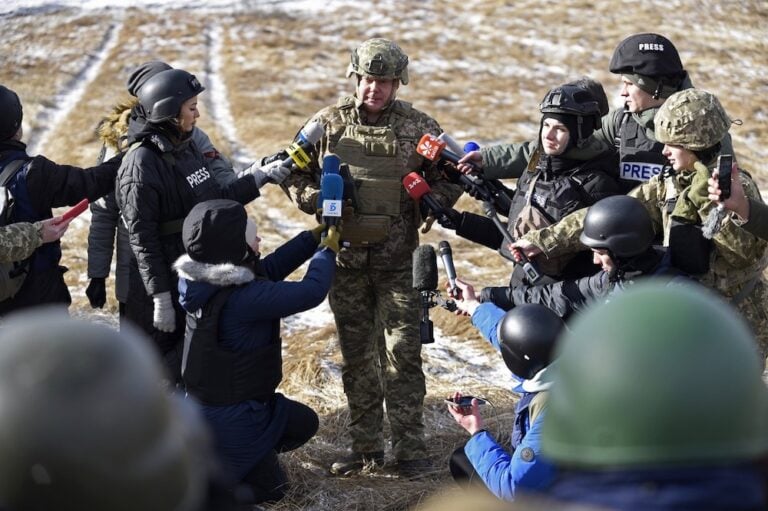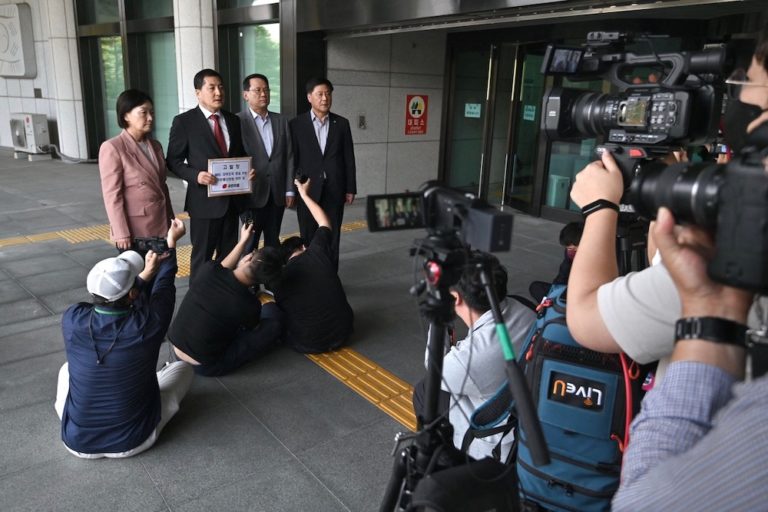(IPI/IFEX) – The following is a 30 May 2007 IPI press release: Vienna, 30 May 2007 IPI Demands that South Korean Government Uphold Good Governance and Accountability by Granting Media Greater Access to Public Institutions According to information provided to the International Press Institute (IPI), the South Korean government is seeking to limit the media’s […]
(IPI/IFEX) – The following is a 30 May 2007 IPI press release:
Vienna, 30 May 2007
IPI Demands that South Korean Government Uphold Good Governance and Accountability by Granting Media Greater Access to Public Institutions
According to information provided to the International Press Institute (IPI), the South Korean government is seeking to limit the media’s access to government sources and reduce the number of pressrooms in ministries and other public institutions.
The new press policy is being driven by the Government Information Agency (GIA) and stems from a report by the GIA on how other countries around the world deal with their own pressrooms.
Based on news articles, the report was apparently initiated after remarks by President Roh Moo-hyun that pressrooms allow journalists to collude on stories.
As a result of the report, the GIA proposes to reduce the number of pressrooms from 37 to 3 by August. In addition, it intends to prevent journalists from entering government buildings without prior permission.
From 1 July, the GIA will revoke all press accreditation and issue temporary press cards allowing the media to attend specific briefings or interviews with ministers permitted by the state.
This is not the first time that a South Korean government has attempted to limit media access to ministers or public institutions.
In March 2003, the then South Korean government adopted a policy titled, “How to Operate Pressrooms,” which removed the “dedicated reporter system” and proposed that a room used by reporters would be turned into a briefing room.
On 14 March 2003, the Minister of Culture and Tourism at the time, Lee Chang-dong also closed a pressroom and restricted the access of reporters.
“Under the present circumstances I do not find it credible that the South Korean government would so casually set aside the principles of good governance and accountability that form part of the United Nations goals for the 21st Century,” said IPI Director, Johann P. Fritz.
“The media have a recognised duty to hold governments to account in modern democratic societies and the present attempts to hinder this role reflect extremely badly on the South Korean government.”
“Therefore, I would call on the South Korean government to reconsider its decision and to once again allow the media open access to ministries and other public institutions.”
“As we did after the breakdown of communism in the newly established democracies, IPI would be willing to arrange for a series of seminars and conferences to promote mutual understanding between the media and the institutions of government,” added Fritz.


